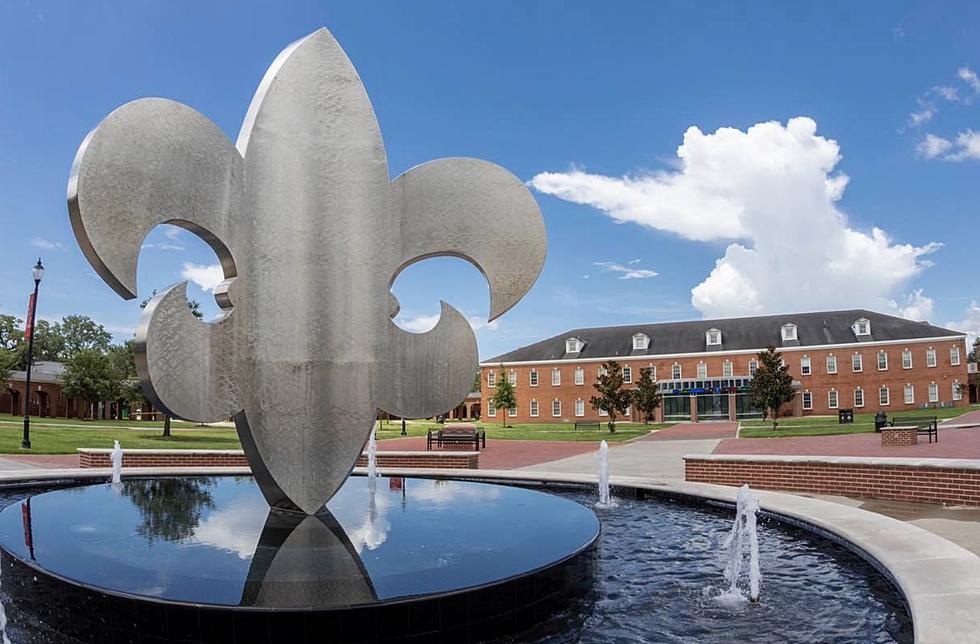
Affirmative Action Ruling Will Not Impact UL Lafayette Admissions
This week the Supreme Court handed down a ruling that bars the use of race as a determining factor in college admissions. Schools can no longer even ask about a prospective student's race and if an application has already been filled out, that information will be removed.
So how will that impact admissions at UL Lafayette? Our news partners at KATC report that the decision will have no impact and got the following statement from UL System President and CEO, Dr. Jim Henderson:
"Our universities use objective admissions criteria based on high school GPA, grades in core curriculum, and standardized test scores. No public university in Louisiana is at a level of selectivity that results in zero sum admissions, where the admission of one student eliminates a slot for another. Here, with few limited exceptions, if you meet the objective criteria, you are admitted.
ULs member institutions have among the most diverse student populations in the nation. As a result, our students graduate better prepared to live and compete in a diverse global economy. In short, our students, regardless of background, belong on our campuses. Our purpose is clear: increasing the educational level of all Louisianans is essential to economic vitality and quality of life. The intentionality of our work clearly fulfills a compelling state interest for Louisiana and our communities."
The case before the court was brought on behalf of an Asian American student whose lawsuit argued that affirmative action policies limited the chances of students like him to be admitted to coveted universities. The schools in the suit were Harvard University and The University of North Carolina.

